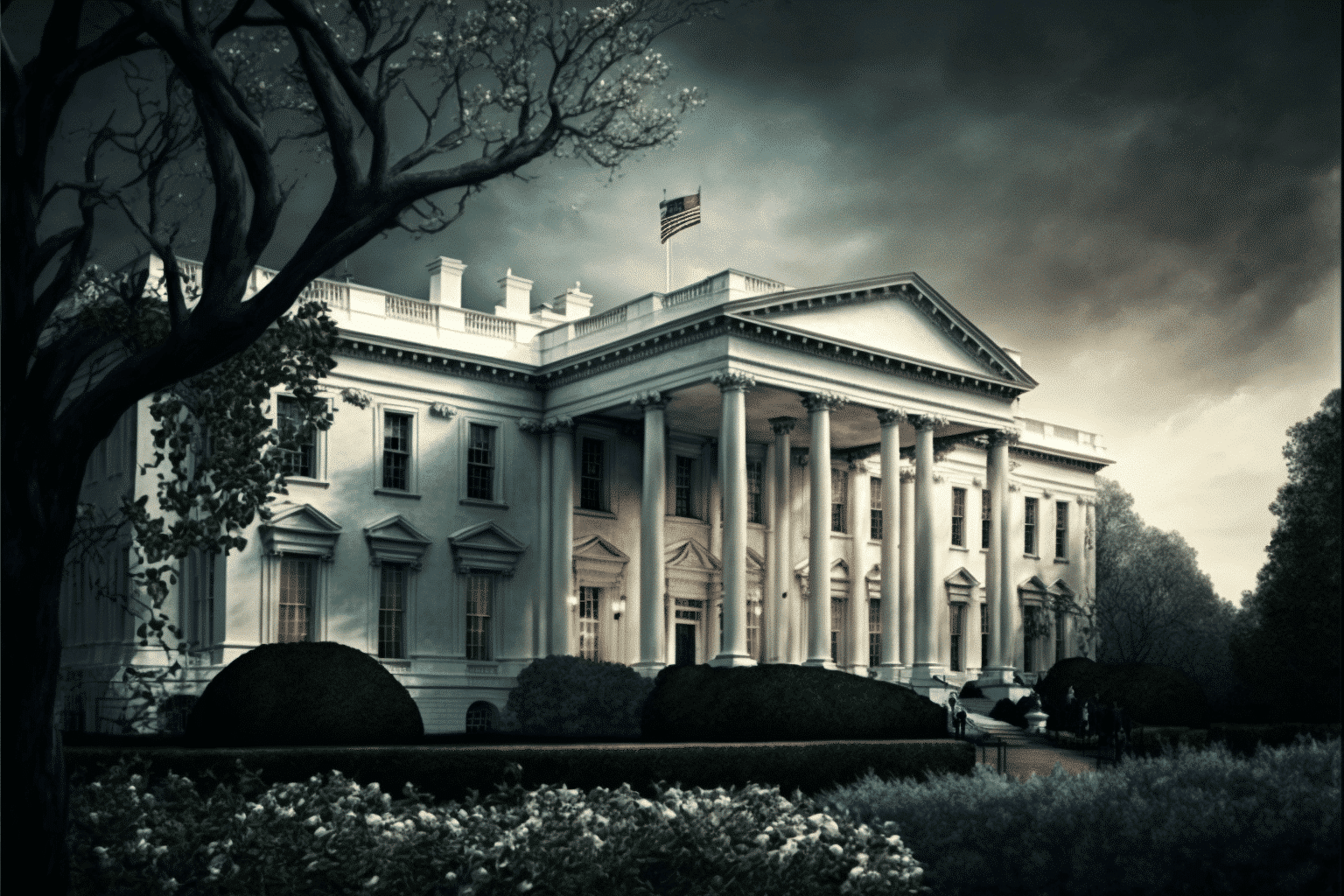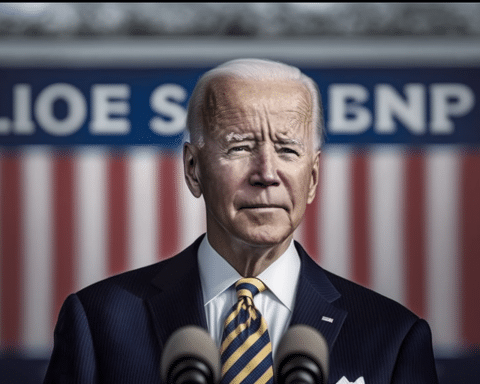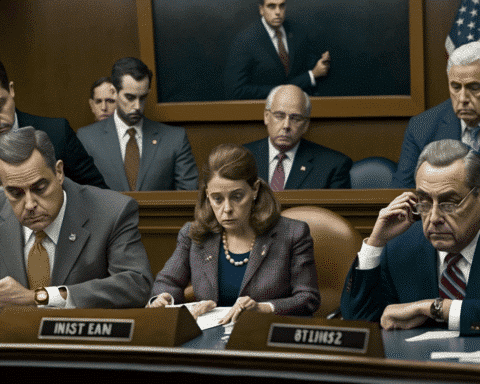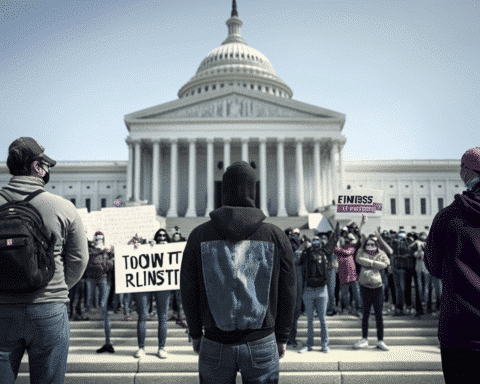As the US government bumped against its debt limit on Thursday, the Treasury Department had to take “extraordinary” accounting steps to avoid default, raising concerns about whether the country can sidestep an economic crisis. Treasury Secretary Janet Yellen urged the Congress to act quickly to preserve the nation’s faith and credit in a letter sent to congressional leaders.
“I respectfully urge Congress to act promptly to protect the full faith and credit of the United States,” Yellen wrote.
Given that the government can temporarily count on accounting tweaks to keep the economy open, and any threats to the economy will be months away, markets remain relatively calm. However, many analysts are worried that the broad differences between President Joe Biden and new House Speaker Kevin McCarthy, who leads a restive Republican caucus, may lead to the government defaulting on its obligations.
“Why create a crisis over this?” McCarthy questioned this week. “I mean, we’ve got a Republican House, a Democratic Senate. We’ve got the president there. I think it’s arrogance to say, ‘Oh, we’re not going to negotiate about pretty much anything’ and especially when it comes to funding.”
Biden’s Clean Increase Demand vs McCarthy’s Spending Cuts Negotiations
In order to sustain existing financial commitments, President Biden insists on a “clean” debt limit increase, refusing even to begin negotiations with Republicans. McCarthy, however, calls for negotiations that he believes will lead to cutting spending. Despite a testy start to the new Congress, McCarthy was elected speaker after 15 rounds of voting that created uncertainty about how much he wants to trim.
In a statement to reporters, White House press secretary Karine Jean-Pierre did not comment on whether the White House saw signs that a default was over, and stated that it’s House Republicans’ “constitutional responsibility” to ensure the government will avert a default.
He said Biden should recognize the political reality of a divided government and call for fiscal restraint similar to what occurred under President Trump, a Republican who suspended the debt ceiling bipartisan in 2019.
Republican Senate leader Mitch McConnell said Thursday in Louisville, Kentucky, he is not concerned about the situation since debt ceiling increases are “always a contentious effort.”
“America must never default on its debt,” McConnell said. “We’ll end up in some kind of negotiation with the administration over what are the circumstances or conditions under which the debts are going to be raised.”
The Future of the Debt Limit Deal
However, any deal would also have to pass the Democratic-controlled Senate. Democrats are skeptical about working with Republicans aligned with Trump’s “Make America Great Again” movement. MAGA movement members claimed that Trump lost the 2020 election because it was rigged, a claim that contributed to the insurrection at the Capitol on January 6.
The Treasury Department will use “extraordinary measures” such as suspension of investments in certain federal pension funds to avoid default and buy time for Congress to reach a debt limit deal. The concern is that the differences between President Biden and new House Speaker Kevin McCarthy increase the risk of the government defaulting on its obligations for political reasons.
The risk is that the economy could be plunged into a preventable recession if the government defaults on its obligations which could rattle financial markets. Biden and McCarthy have several months to reach an agreement before the Treasury Department mandates that government operations continue until at least June. However, partisan hostility has resulted in a contradictory set of demands that jeopardize lawmakers’ ability to work together on a fundamental duty, such as raising the debt limit.
The outcome of the negotiations between President Biden and House Republicans on the debt limit will be closely watched by financial markets, investors, and the general public. If a deal is not reached, the government’s ability to pay its bills will be in jeopardy, and the US could be at risk of defaulting on its debt, which would have severe consequences for the economy and global financial markets.
Congress needs to act promptly to protect the full faith and credit of the United States and reach a deal on the debt limit before the government runs out of options to avoid default. The clock is ticking, and the pressure is on for Biden and McCarthy to find common ground and prevent a government default that could have disastrous consequences for the nation and the world.




